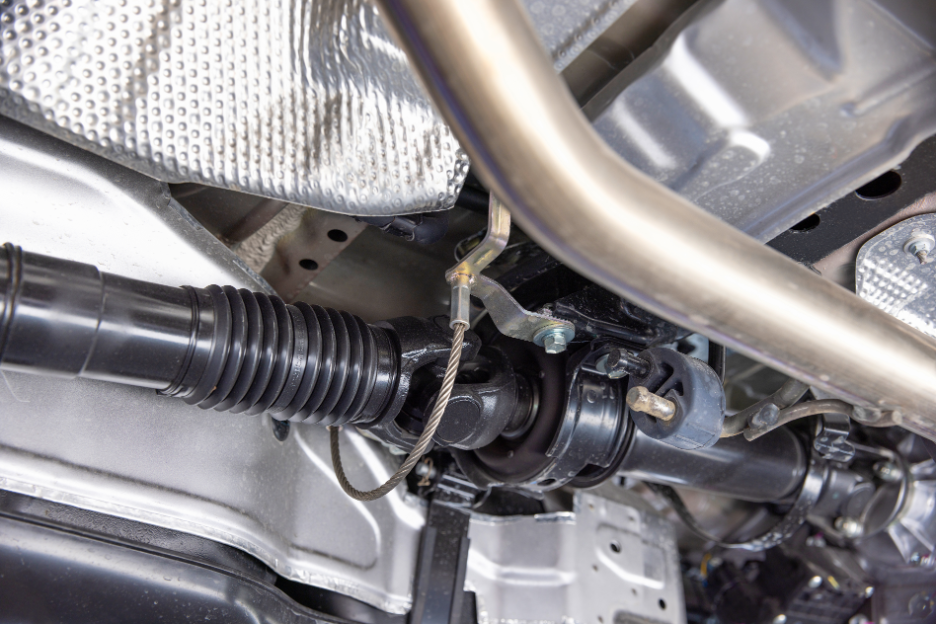
When it comes to the overall operation and performance of your vehicle, your vehicle’s transmission is of utmost importance. However, even a great transmission needs regular care and maintenance to ensure it continues to operate at maximum capacity. In order for a transmission to run at optimal levels, it should be filled with high-quality transmission fluid.
Curious as to what transmission fluid is? Looking to learn a little more about this liquid? Read below! This blog post will have everything you need to know.
What Does Transmission Fluid Do?
As noted above, transmission fluid is vitally important to your vehicle’s overall operation. This fluid serves two purposes.
Its primary purpose is to lubricate the moving parts of both automatic and manual transmissions, ensuring that they’re operating smoothly at all times. Its secondary purpose is to act as a coolant in automatic transmissions, converting power from the engine to the transmission.
Your vehicle requires good, clean transmission fluid in order to run at maximum capacity, which is why it’s important to be aware of its state.
How Often Should Transmission Fluid Be Changed?
While there is no magic number associated with the lifespan of transmission fluid, most experts would agree that it should be changed every 30,000 to 60,000 miles.
The reason for this? Transmission fluid becomes burnt over time, and eventually stops serving its purpose. While it may have once offered sufficient lubrication, it will eventually stop performing at an ideal level. Once this occurs, your transmission can experience undue stress and stain that can lead to major problems.
Signs That Your Transmission Fluid Has Gone Bad
There are several ways to tell if your transmission fluid has gone bad. Perhaps the easiest way to tell is by simply looking at it. If your transmission fluid is black or brown instead dark red, it has probably passed its prime. Also, if it is sludgy instead of syrupy, it will not perform as well.
You should also be cognizant of burning smells. Charred aromas that come from your vehicle are often indicative of burnt transmission fluid.
Another typical sign that your transmission fluid has gone bad is if your car hesitates during gear changes. If your vehicle is ‘jumping’ unexpectedly, old transmission fluid is likely the culprit.
Detecting Transmission Fluid Leaks
If your transmission springs a leak, you have a problem on your hands — one that should be solved sooner rather than later. For this reason, it’s extremely helpful to detect fluid leaks early on.
All types of fluids could be under your vehicle, some of which are not a cause for concern, and some of which most definitely are. If the fluid under your vehicle has a dark red color, it is probably your transmission fluid.
Should you notice transmission fluid under your vehicle, we highly recommend taking your vehicle to a transmission repair specialist as soon as possible. Your transmission might just need a minor repair. However, in severe cases, it might need to be replaced with a new one.
Manual Transmission Fluid vs Automatic Transmission Fluid
Not all transmission fluids are the same. The type you’ll need depends on your specific vehicle.
It’s important to note that manual transmission fluid and automatic transmission fluid are not the same thing. There are major differences between the two that can vastly affect the performance of your automobile.
In Need of Transmission Service inLombard?
Are you having troubles with your transmission fluid? In need of transmission service in Lombard, Illinois? If so, the mechanics atKing Transmission Company are the people to see.
Highly-skilled and certified, we have experience with repairing and maintaining all types of transmissions. Regardless of the type of vehicle you have, we can fix any transmission issues.
Contact King Transmission today to schedule your service!





